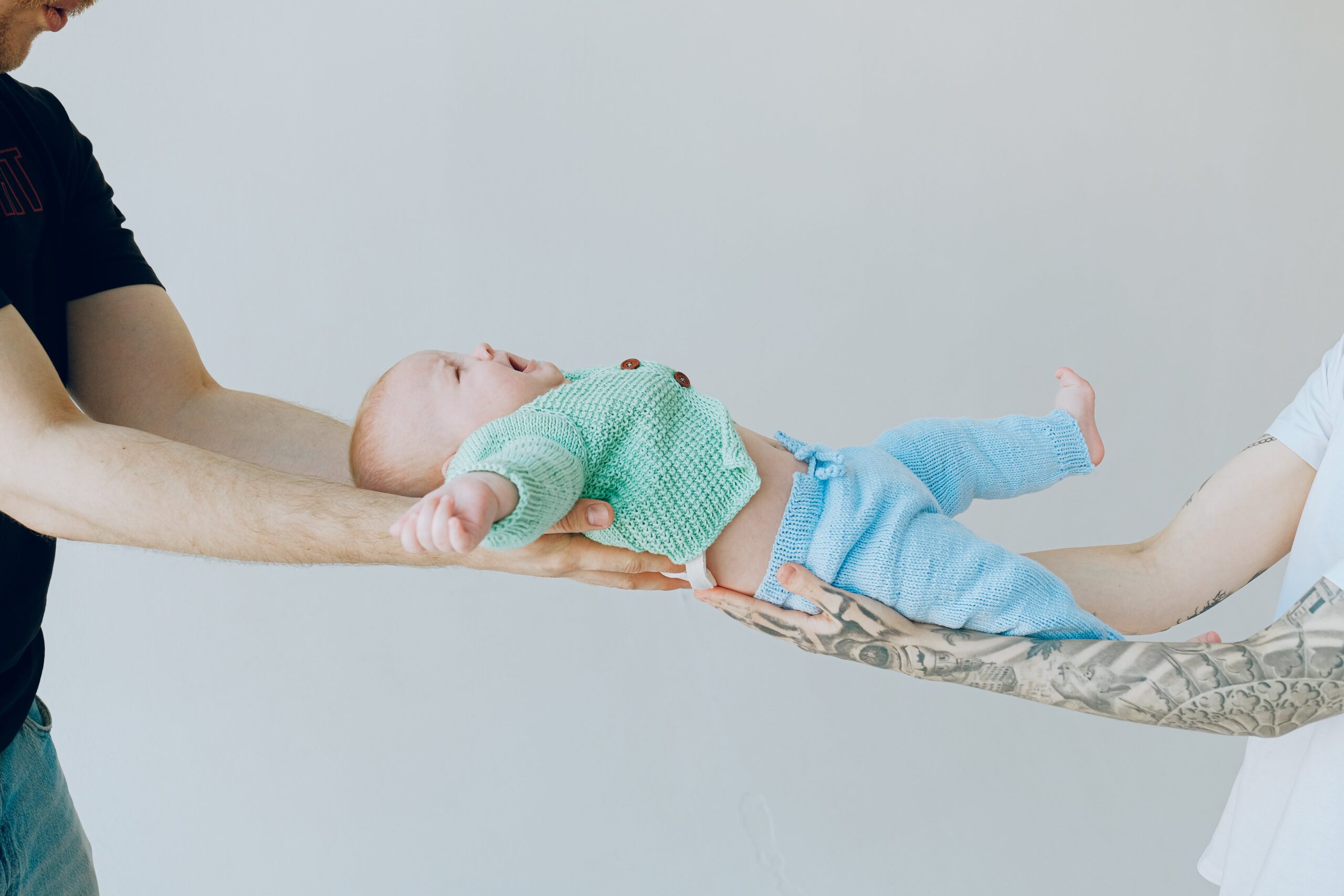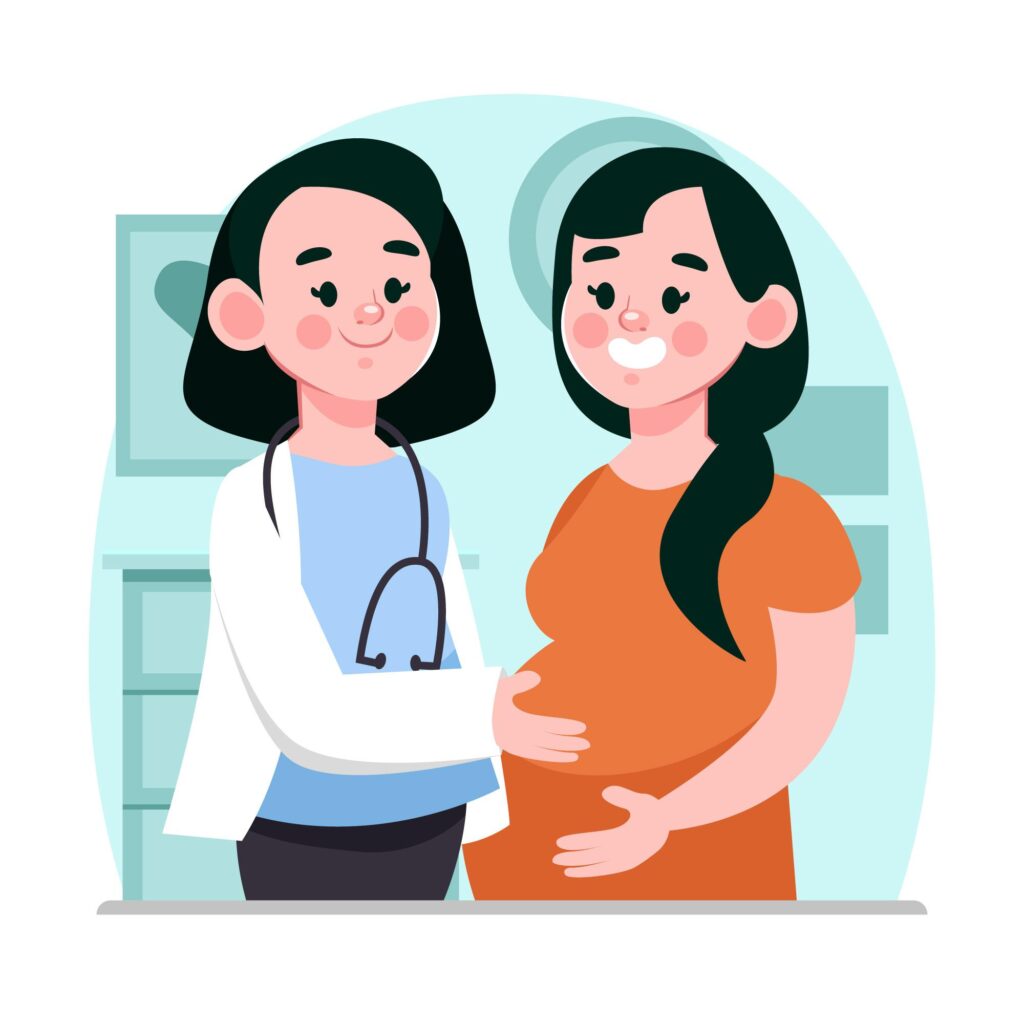What Are Egg Donor Requirements

What are egg donor requirements? Your comprehensive guide to choosing the best egg donor for you.
What Are Egg Donor Requirements? Egg donation is a selfless and generous act that has the potential to change the lives of individuals and families struggling with infertility. As the demand for donated eggs continues to rise, it is essential to understand the eligibility criteria for egg donors, including age limits, medical history, and lifestyle factors. Meeting the qualifications for becoming an egg donor ensures a safe and successful donation process for both the donor and the intended parents.
- Book an online appointment: Get a free online consultation.
- Call\W:+91-8800481100 Email:neelam@ivfconceptions.com
Egg donor requirements vary depending on the agency or clinic, but certain criteria are consistently considered by professionals in the field. In this article, we will delve into the various requirements for becoming an egg donor, including age, health, and psychological evaluations. We will also explore the screening process and the potential risks and benefits involved in egg donation. By gaining a thorough understanding of the requirements, prospective egg donors can make an informed decision and potentially help fulfill the dream of parenthood for those in need.
Additional guide for intended parents:
Best surrogacy agency in India
Best surrogacy agency in Mexico
Best surrogacy agency in Colombia
Best surrogacy agency in Argentina
Best surrogacy agency in Georgia
Best surrogacy agency in the USA
Best surrogacy agency in Ukraine
Best surrogacy agency in Armenia
Whether you are considering becoming an egg donor or simply curious about the process, this article will provide valuable insights into the world of egg donation. So, let us take a closer look at what it takes to become an egg donor and the impact that this selfless act can have on the lives of others.

Meeting the egg donor requirements
To ensure the suitability and safety of potential egg donors, clinics establish a set of comprehensive egg donor requirements. These requirements serve as guidelines to identify individuals who possess the necessary qualifications for egg donation.
- Medical evaluations are typically conducted to assess the donor’s overall health, including physical and mental well-being.
- Age is a crucial factor, with most clinics specifying an age range of 21 to 32 years.
- Additionally, donors should have a healthy body mass index (BMI), a non-smokers, and have no history of drug or alcohol abuse.
- Genetic screening is also an essential component, as certain hereditary conditions might disqualify a donor.
By carefully adhering to these egg donor requirements, clinics can ensure the quality and success of their donor programs, allowing intended parents to find the most suitable egg donor for their specific needs.
Egg Donor Criteria
- Age and health requirements for egg donors
- Physical and mental screenings for egg donor qualifications
- Family medical history as part of egg donor requirements
- Personal lifestyle disqualifications for egg donors
- Finding a suitable egg donor through an agency or clinic
- Meeting legal and ethical standards for egg donors
Understanding egg donor qualifications
The qualifications for becoming an egg donor involve a thorough assessment of various factors to ensure the suitability of individuals for this important role. Clinics typically have specific criteria that potential egg donors must meet. These requirements may include age restrictions, usually falling within the range of 21 to 32 years, to ensure the optimal health and fertility of the donor. In addition, maintaining a healthy body mass index (BMI) is often a prerequisite, as it is associated with better overall reproductive health.
A critical aspect of egg donor qualifications is the absence of habits or behaviors that could potentially impact the health of the eggs, such as smoking, drug use, or alcohol abuse. Another significant component is genetic screening, as certain hereditary conditions may disqualify a potential donor. By carefully considering and evaluating these qualifications, clinics aim to find suitable and healthy egg donors for individuals or couples seeking to build a family through assisted reproductive technologies.
Egg Donor Requirements Checklist
- Age between 21-33 years old
- Good physical and mental health
- Non-smoker and drug-free
- No genetic disorders in the family medical history
- Willingness to undergo medical and psychological evaluations
- Meeting height and weight requirements

Knowing egg donor disqualifications
Understanding the disqualifications for egg donors is an essential aspect of the egg donation process. While each clinic may have its specific guidelines, there are common factors that can lead to disqualification.
One significant consideration is the presence of certain medical conditions or genetic disorders that could be passed on to the offspring. These conditions may include genetic disorders, hereditary diseases, or chromosomal abnormalities.
Additionally, a history of certain medical conditions, such as cancer or certain sexually transmitted infections, may disqualify an individual from becoming an egg donor.
Furthermore, any previous involvement in high-risk behaviors, such as intravenous drug use or unprotected sex, may also lead to disqualification.
How to find an egg donor?
When embarking on the journey to find an egg donor, it is important to approach the process with thoroughness and care. Begin by researching reputable fertility clinics or agencies that specialize in egg donation.
These organizations typically have established networks and databases of potential donors. Consider factors such as the compatibility of the donor’s physical characteristics and medical history with your own preferences and requirements. It is also advisable to consult with a reproductive specialist or fertility counselor who can provide guidance and support throughout the selection process.
Utilize online resources and forums for intended parents to connect with others who have gone through a similar experience and gather recommendations and insights. Remember, finding an egg donor is a deeply personal and significant decision, so take the time to evaluate and assess each candidate carefully to ensure the best possible match.

Tips for choosing an egg donor
When evaluating potential egg donors, it is essential to establish and adhere to specific egg donor requirements and qualifications that align with your individual needs and preferences.
- First and foremost, consider the age of the donor, as younger donors generally have higher success rates for fertility treatments.
- Additionally, review the donor’s medical history thoroughly, paying attention to any genetic disorders or hereditary conditions that may disqualify them from consideration.
- It is crucial to assess the donor’s physical characteristics, including height, weight, and ethnicity, to ensure a better likelihood of compatibility with the intended parents.
- Furthermore, take into account the donor’s educational background, personal achievements, and interests, as these factors can provide valuable insights into their overall health and well-being.
- Lastly, engaging in open and honest communication with the fertility clinic or agency can help you find an egg donor who meets your specific requirements while providing the necessary support and guidance throughout the selection process.
Remember, finding the right egg donor is a personal decision that requires careful consideration and thoughtful evaluation to ensure the best possible outcome.
Egg Donor Tips
- Understand egg donor requirements
- Research egg donor qualifications
- Consider egg donor disqualifications
- Find an egg donor with the desired qualities
- Review the medical history of the potential egg donor
- Seek professional guidance for egg donor selection
More Resources to Read:
Infertility Treatment and Surrogacy Process
9 Factors To Improve IVF Pregnancy Rate
International Surrogacy Options Worldwide
Surrogacy Guide for Surrogate Mothers
Conclusion
In conclusion, becoming an egg donor is a complex and highly regulated process that requires a significant commitment. From physical and emotional screenings to strict age and health requirements, the process ensures the safety and well-being of both the donor and the recipient.
While it may seem daunting, it is a selfless and rewarding act that has the potential to change someone’s life forever. If you are considering becoming an egg donor, be sure to thoroughly research the requirements and speak with a reputable agency to fully understand the process.
If you’d like to learn more about IVF, Egg Donation, or surrogacy services globally, check out the rest of our website at Complete Surrogacy Agency. We offer legally secure and affordable surrogacy consulting services for FREE.
For more resources on IVF and Surrogacy, browse our other web page- IVF Conceptions.
For more resources on IVF and Surrogacy, browse our other web page- Georgia Surrogacy Agency.
Complete Surrogacy: Your Trusted Partner in International Surrogacy
At Complete Surrogacy, we have over 15 years of experience in international surrogacy, guiding 4,000+ intended parents worldwide. We provide safe, ethical, and affordable surrogacy solutions for single parents, LGBTQ+ couples, and heterosexual couples.
As members of EFS and ESHRE, we adhere to the highest ethical and professional standards. Our expert team is committed to providing accurate, compassionate, and transparent guidance, ensuring a legally secure and smooth journey to parenthood.
Let us help you build your family with trust, care, and integrity.
Get in touch for one FREE Surrogacy Consultancy!
References used:
FAQs for Egg Donation
What are the basic requirements to become an egg donor?
Key eligibility aspects involve being a healthy woman aged 21-29 with a normal BMI, no smoking/drug history, at least one prior pregnancy, commitment to approximately 6 weeks for the donation process, and psychological readiness to relinquish rights.
Are there age restrictions for egg donors?
Yes, most programs set upper limits between ages 29-31 for donors. Being 21-29 provides prime reproductive years with the highest quality eggs and conception success rates for recipient couples.
Can women with certain medical conditions still be eligible donors?
Each condition presents uniquely, but some commonly managed issues like hypothyroid may remain eligible if well-controlled. However uncontrolled chronic conditions and communicable infections often lead to deferrals until resolved due to risks. The goal is healthy delivery and recipient success.
How long does the egg donation process typically take?
The estimated timeframe spans ~6 weeks involving initial consultations and screenings, a 2-week ovary stimulation phase via injections, 36 hours for egg retrieval/fertilization/transfer, and then recovery allowing the recipient’s pregnancy to progress safely.
What psychological assessments do potential egg donors undergo?
Evaluators often use questionnaires and in-depth interviews to assess an interested woman’s motivations, support systems, stability, understanding of medical and legal processes, and informed consent confirming the emotional ability to proceed with handling complex emotions that may emerge post-donation around genetically related offspring living elsewhere.
Please let me know if any answers would benefit from added details! I aimed for concise summaries responding to each question.

Author Bio: Neelam Chhagani is an International Surrogacy Expert with 15 years of experience in the fertility and surrogacy domain. As the founder of IVF Conceptions and Complete Surrogacy, she has guided over 4,000 intended parents worldwide on their surrogacy journey to parenthood. Recognized as a trusted authority, she specializes in holistic infertility solutions and third-party reproduction consulting.
Holding an MA in Counselling Psychology and a PGD in Mental Health, Neelam is a proud member of the European Fertility Society (EFS) and the European Society of Human Reproduction and Embryology (ESHRE). She is also a leading surrogacy blogger, providing valuable insights into ethical and practical surrogacy solutions.
Since 2010, committed to supporting ALL family types, Neelam has been passionate about helping intended parents grow their families with compassion, integrity, and a focus on secure and affordable surrogacy options Globally.
Learn more about Neelam:
https://www.ivfconceptions.com/neelam-chhagani-surrogacy-consultant/
https://www.linkedin.com/in/neelam-chhagani-92892229/















I was introduced to Neelam by a friend who worked with Neelam for surrogacy. Neelam is absolutely wonderful. I am a single male and the journey to fatherhood is not that easy. Neelam connected me to a program ideal for my circumstances. She was with me throughout the pregnancy providing advice and guidance along the way. I am so grateful I found her and am thrilled today that I have a beautiful daughter. I highly recommend Neelam to anyone who is on a journey to become a parent. Having a child has changed my world for the better. I wish others success with their own journey and recommend you connect with Neelam to find a path that is best for you.
SA (USA)